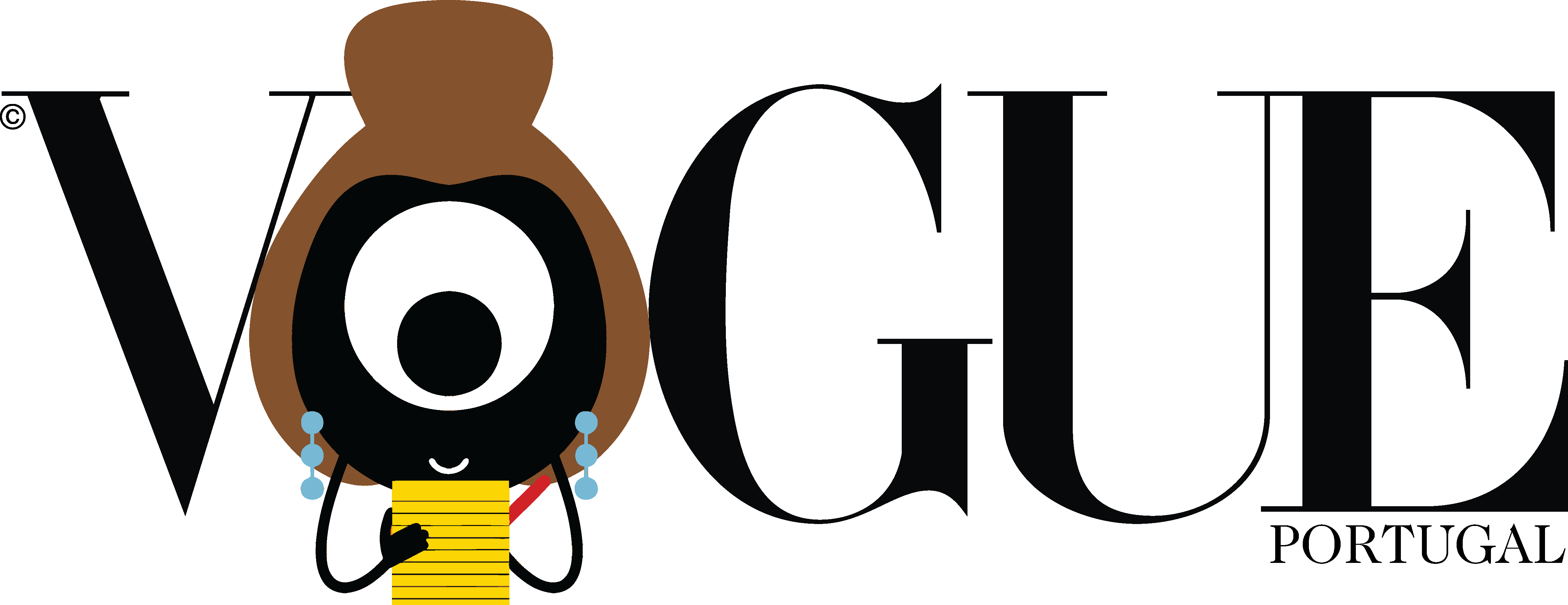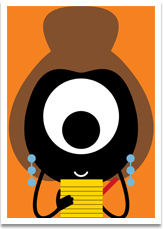Whether it is Gwyneth Paltrow talking about paparazzi, the Kim and Kanye nuptials or the appearance of Kate (Moss/Middleton) – the twitter stream of catty comments never ends.
One of the two Kates was accused of wearing a Virgin Air hostess uniform when she got off the plane to New Zealand; the other Kate, seductive at 40, was supposedly showing every wrinkle from her hard partying decades.
Nicole Kidman on the Cannes Red Carpet was sneered at as looking like Princess Grace of Botox. And Kim, with her Versailles outfit, was deemed all cleavage and no class.
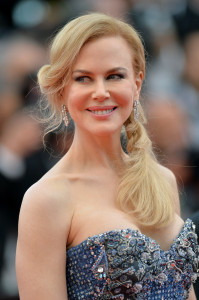
NICOLE KIDMAN AT THE ‘GRACE OF MONACO’ CANNES PREMIERE
The internet shows the ugly face of fashion criticism. If there is something mean to be said in 140 characters, there is always someone ready to dish the dirt about the ill-fitting haute frock or the wobbly super-high heels.
A nice comment about how pretty a star looks is as rare as a high carat diamond. (And even that was dismissed as ‘vulgar’ when George Clooney finally found his soul mate.)
I have a very different perception of being a fashion critic. And in my new position as International Vogue Editor, here is my mantra: no bitching.
My personal take on fashion criticism is that I am so happy to see a great collection and give credit where it is due. And if the show is a flop? I try to offer constructive – not hateful – comments. It is about thoughtfulness as opposed to meanness and analysis rather than knee- jerk reaction.
Maybe there always was a hint of the idea – especially from outside the business – that the fashion world is bitch central.
There are all those stories from back in the 1930’s of Coco Chanel in her mannish modernity caustic about the dizzy wit of Elsa Schiaparelli, dismissing her rival as ‘that Italian artist who makes clothes’.
Karl Lagerfeld once shocked French society by calling Yves a //Yves// Saint Laurent a ‘pied noir’ or ‘black foot’, referring to the couturier’s childhood in North Africa. And there was a long-term stand-off between Giorgio Armani, maestro of masculine minimalism, and Gianni Versace with his exuberant sexiness.
I first realised that the popular perception of the fashion world was of a glossy nastiness back in the nineties, when I was asked to play a bit part in ‘Absolutely Fabulous’, the TV show of two middle aged fashion colleagues desperately trying to stay cool.
I arrived in the studio to find Joanna Lumley playing super bitch, screaming at the studio hairdresser. She was boiling with rage as he struggled to copy on her my quiff – the so-called ‘pompadour’. And she was even more furious when her hairstyle fell apart in the front row, whereas mine survived the filming.
Yet in the real – not the digital – world, people rarely play nasty. There is a genuine sense of a fashion family – the actual family or one that has evolved.
The Missoni’s are the archetype. I saw the cousinhood line up in San Francisco last month, as Angela and her daughter Margherita received doctorates at the Academy of Arts University, with matriarch Rosita leading the team.
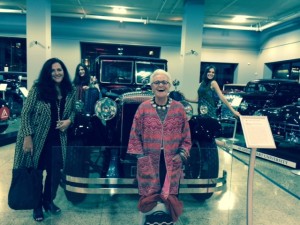
ROSITA MISSONI WITH HER GRANDDAUGHTER MARGHERITA
Even if not part of a biological family, as in the Fendi, Ferragamo or Ralph Lauren clans, there are teams so loyal that if the designer jumps ship – like Nicolas Ghesquière to Louis Vuitton – the ‘family’ goes too.
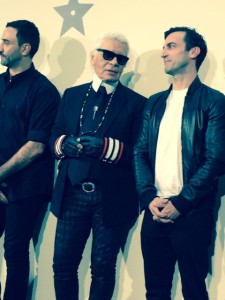
Karl Lagerfeld and Nicolas Ghesquière share a joke at the recent LVMH Young Fashion Designer Prize
But this is the world of fashion’s real players, where there is physical connection between creatives and critics – even if it is only at the twice-a-year shows and surrounding social events.
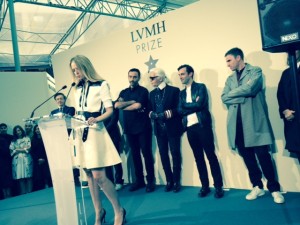
Line-up of LVMH judges a the LVMH Young Fashion Designer Prize
The growth of the Internet has been described as the great democratisation, where crowd sourcing and on-line connections have shifted the force of power.
But participating via a key board, web cam or Twitter feed is a one way conversation. And being snarky, controversial and just plain nasty is about the only way for a desk top or smart phone commentator to get noticed.
You only have to look at TMZ and the responses to its ‘we gotta ask’ questions to realise that bitchiness is a sugar rush for readers. And all those increasingly torrid comments are in phase with the opportunities that digital and social media have created.
What’s to be done, as the race to the bottom careers downward at break net speed?
I find dispiriting not the harping criticism itself, but the concept that no-one can dare to be different, if he/she wants to avoid the e-worst dressed list. I am all for fashion diversity, not dictatorship, for rejoicing not carping.
The bitches have the advantage of speed – an un-thought out response that may go viral and flag up a new blog to click on. But the instant reaction to Lindsay Lohan’s bikini-revealed bruises, Natalia Vodianova’s elastic post-baby stomach and every designer’s latest resort show is not worth the rush to judgement.
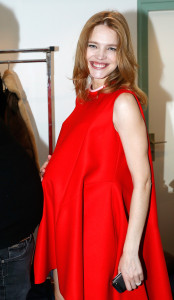
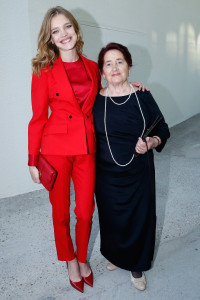
NATALIA VODIANOVA PREGNANT AND POST BABY
If the bitches are winning, the true fashion lovers are losing.
Suzy Menkes in Vogue is going to be anti-bitch.
